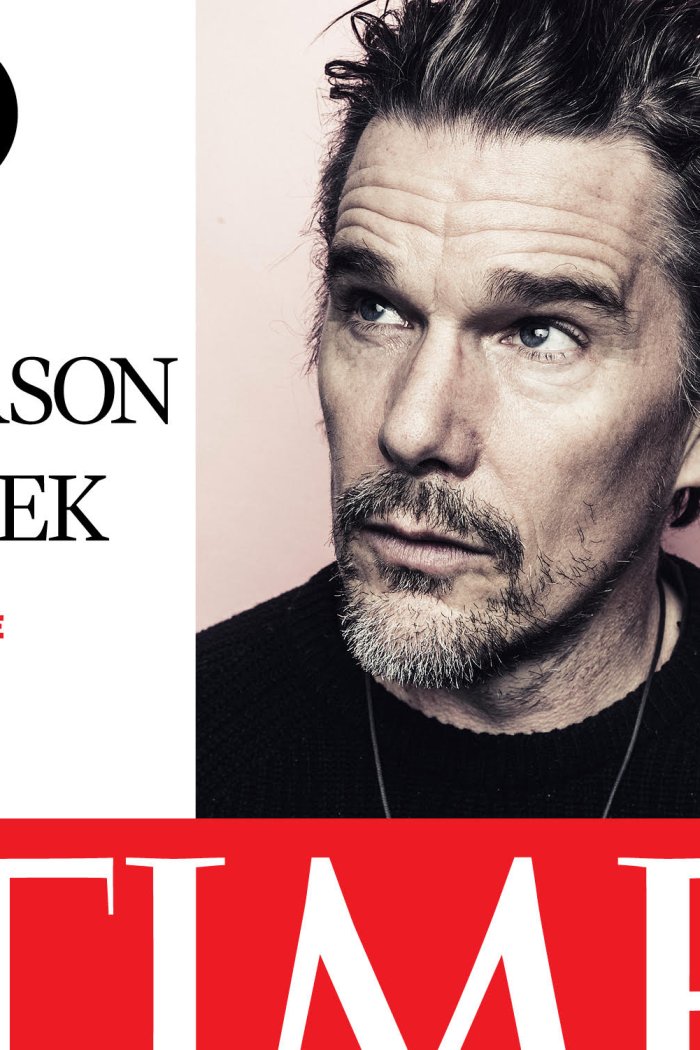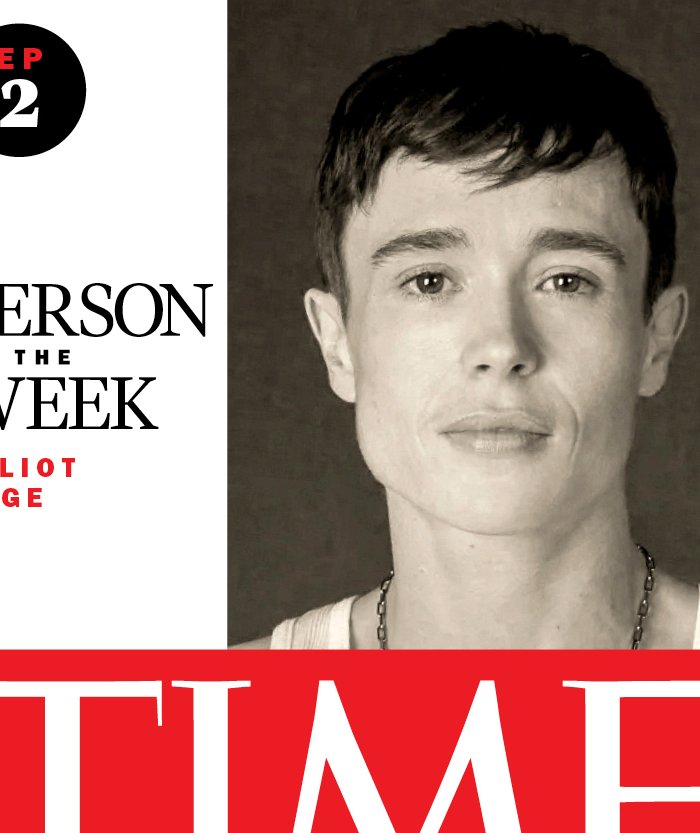What do Elmo and Cookie Monster have to do with global humanitarian crises? Just ask Sherrie Westin. As President and interim CEO of Sesame Workshop, the educational nonprofit behind Sesame Street, Westin leads the effort to bring Sesame Street’s educational programming to children around the world who need it most.
Westin has spearheaded the effort to bring the iconic children’s show to more than 150 countries, with a particular focus on reaching children affected by crises in places like Bangladesh and East Africa and kids who have been forcibly displaced in Ukraine and Afghanistan. In 2017, the MacArthur Foundation granted Sesame Workshop and the International Rescue Committee a $100 million grant to bring early education to Syrian refugees, the largest-ever intervention in early childhood education in the history of humanitarian response.
I’ve got a toddler, so I watch a whole lot of Sesame Street from the safety of my living room. But this conversation with Westin taught me that this classic kids show is about more than just counting and sharing. We spoke to Westin back in March and she explained how Sesame Street can improve mental health, increase gender equity and expand educational opportunities for children around the world.
Tune in every Thursday, and join us as we continue to explore the minds that shape our world. You can listen to the full episode above, and below are a handful of excerpts from our conversation that have been condensed and edited for clarity.
On adapting Sesame Street programming for communities around the world:
People think of it as this iconic domestic, U.S. television show, and don’t really know the depth and breadth of our work. Because today, we reach children in over 150 countries. But I think what’s most interesting is that in many of those countries it’s local adaptations of Sesame Street. So if you’re German, and you grew up watching “Sesamestrasse,” you think Bert and Ernie are German. You know, it’s not the U. S. show dubbed or seen in other countries. And one of my favorite anecdotes from Joan [Ganz Cooney] is she said when she created Sesame Street that she just thought she was creating the quintessential American show. And Germany, Mexico, and Brazil all reached out saying they wanted their own productions. And that’s what led to what we called our local co-productions, these adaptations. And then, if you fast forward to the late 80s, 90s, we started receiving funding from USAID to help create local productions in more developing countries. Like South Africa, Egypt, Bangladesh. And so if you were to be in Bangladesh and see “Sisimpur,” you would recognize that it’s Sesame Street, but there would also be local muppets that were designed with local advisors and educators but creating characters and storylines that children can relate to that are specifically designed to address a specific curriculum, their needs, their language and their culture.
On how motherhood influenced her pivot to children’s television:
When I did come to Sesame Street, it was largely because I was a relatively new mom. I adopted my daughter when she was five months old from China. It was just the most important thing I had ever done. It was my defining moment. I was still at ABC, which I loved. But I’ll be honest, when Disney bought ABC, one of the ideas was to create a children’s channel. It was going to be ABZ. And I was so excited because I was a new mom. You know, the thought of really focusing on children’s versus news, sports, daytime, everything else. And then Disney decided not to. They pulled the plug. But that is really, honestly, the first time I’ve deliberately sought a particular job or career. Having a daughter, having always cared a great deal about kids and and and children just really helped me suddenly focus on being in media, having media experience, children’s media, and the importance of quality children’s media. And again, that’s the first time I literally started thinking, ‘okay, I’d like to work in children’s television.’ And Joan Ganz Cooney said, ‘would you ever consider coming to Sesame Street?’ and I’ve been there ever since.
I remember bringing Lily home and—she must only be like seven or eight months old—he’s sort of plopped on a bed. I think the dog bed in front of the TV and I had put in “Big Bird Goes to China.” Lily spent the first five months of her life in China and she was just mesmerized. And I’m sure it was partly the sights, the sounds. So, that’s when I started paying attention to Sesame Street. And when she was three, that’s when I ended up being fortunate enough to come to work at Sesame. I remember because she was three-and-a-half, and she was always very precocious. I always thought she was an old soul, so wise beyond her years. But I called her as I was coming home my first day. she knew I was going to work at Sesame Street, and I called to say I’m on my way home. And she said, “were they nice to you?” And I thought, ‘yeah, they’re really nice.’ And she goes, “which one was the nicest?” And I realized she was talking about the Muppets, you know? It was so cute. “Were they nice to you?” I mean, she thought Elmo was in the office next door, you know, Cookie down the hall. I said “yes, they really were.”
On how Sesame Street helps children navigate complicated real-world issues:
Kami was an example where we had launched in South Africa with Takalani Sesame, funded by USAID, and about, you know, a year or two in, the Minister of Education, a man named Kader Asmal, who is no longer with us, but said if we weren’t addressing HIV and AIDS, we were doing a huge disservice. And we were like, ‘oh my gosh, how can we do that? It’s for three year olds.’ But we took it very seriously and decided we could do this and we created the first ever preschool HIV and AIDS curriculum. Now it was completely age appropriate. It was lessons like you can’t catch HIV and AIDS from playing with someone who’s HIV positive. It led to the creation of Kami, a Muppet whose part of her identity was HIV positive. Her storyline was her mother had died of AIDS so you have opportunities to have coping. It was never something that a preschooler shouldn’t know, but I am absolutely convinced we have saved lives because surrounding HIV and AIDS. It made it okay to talk about. And there are so many, you know, AIDS workers and,teachers and others in South Africa who’ve told me over the years that it changed everything, made it okay to talk about. You can’t teach prevention if it’s taboo to talk about. and so I think, you know, from an adult standpoint too, making it okay for mothers to get treatment. It’s just a powerful story.
- Cybersecurity Experts Are Sounding the Alarm on DOGE
- Meet the 2025 Women of the Year
- The Harsh Truth About Disability Inclusion
- Why Do More Young Adults Have Cancer?
- Colman Domingo Leads With Radical Love
- How to Get Better at Doing Things Alone
- Michelle Zauner Stares Down the Darkness


